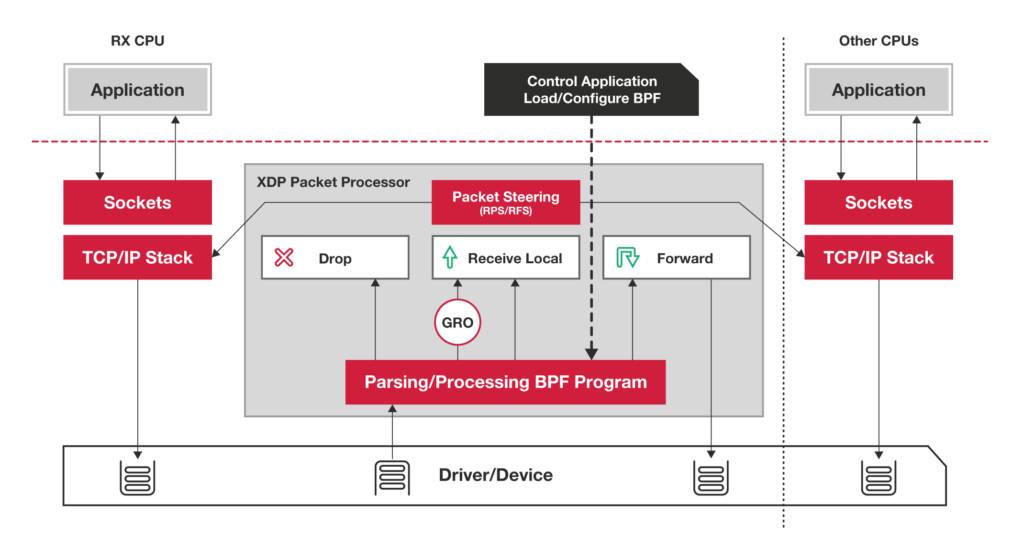Btw, my original point was to invalidate your claim about new features not being added to ZFS  By now, we have had 2 pages worth of text about ZFS and it should be properly disproved.
By now, we have had 2 pages worth of text about ZFS and it should be properly disproved.
Weird how you find it to be utterly negative thing in ZFS while systemd design philosophy is pretty much the same and you are ready to go trough fire and copper pipes because of systemd. No need to reply, just an idle thought. It's already off-topic enough.
 By now, we have had 2 pages worth of text about ZFS and it should be properly disproved.
By now, we have had 2 pages worth of text about ZFS and it should be properly disproved.
Originally posted by starshipeleven
View Post


 You were pressing on 2 weaknesses in ZFS while utterly ignoring weaknesses in BTRFS. Could call it trolling too. Fact remains, one is usable and reliable, been so for a fairly long time, while other is like time-bomb ticking in your machines unless you are applying "if's" and "but's" and take precautions. For me, reliability wins over features.
You were pressing on 2 weaknesses in ZFS while utterly ignoring weaknesses in BTRFS. Could call it trolling too. Fact remains, one is usable and reliable, been so for a fairly long time, while other is like time-bomb ticking in your machines unless you are applying "if's" and "but's" and take precautions. For me, reliability wins over features.

Comment